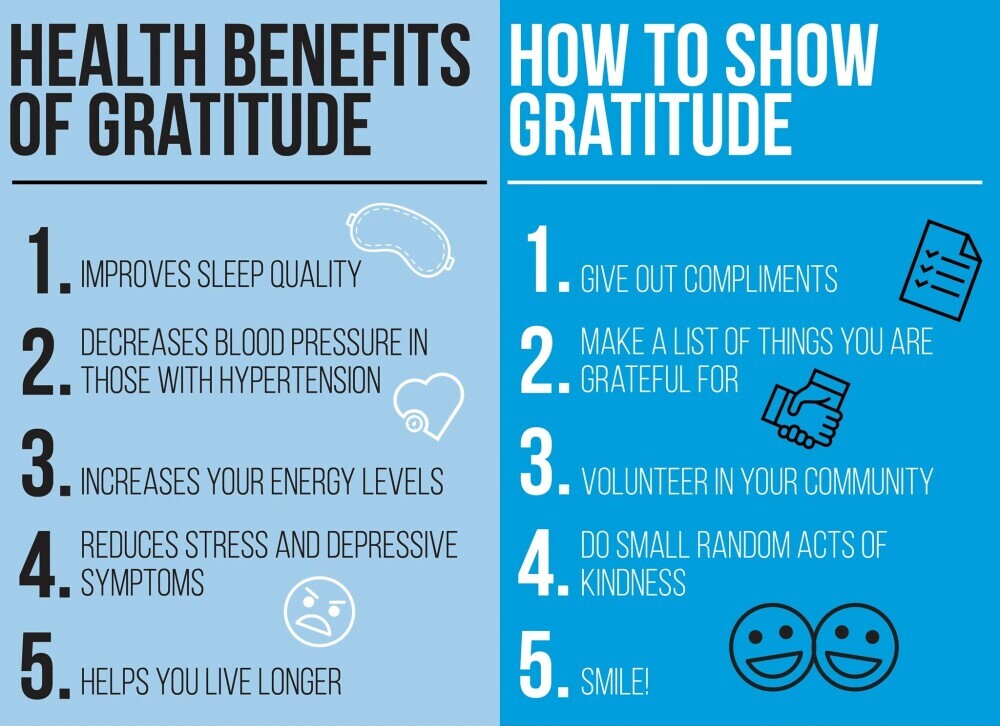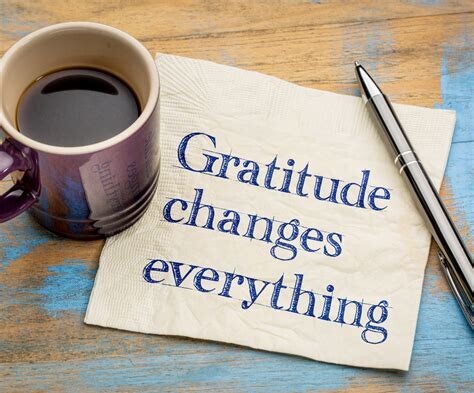Gratitude isn’t just a fleeting feeling when things go our way. It’s a deep acknowledgment of the good all around us, even when life throws curveballs. Historically, gratitude has popped up in various cultures as a staple of moral and spiritual well-being, celebrated for its ability to bring people closer and make life’s journey a bit brighter.
Sifting through gratitude and other positive vibes can be tricky. Unlike a momentary rush of joy, gratitude sticks around, giving us a consistent sense of appreciation for things big and small. This emotion’s power isn’t about maintaining a constant state of happiness but about recognizing the value in our experiences.
Research is pretty clear on this one: gratitude changes the game by altering our mental landscape. When we feel grateful, the brain releases dopamine and serotonin, the “feel-good” chemicals we all love. Studies also find that gratitude practice increases activity in the brain’s reward system, rewiring our brain to search for positives.
So, how do we nurture this gratitude habit? Start with small wins like jotting down three things you’re thankful for each day or simply soaking in a sunrise. These quick practices, believe it or not, can transform your perspective over time. It’s not about grand gestures; it’s the everyday acknowledgments that boost well-being.
The Science Behind Gratitude and Mental Health
Gratitude goes beyond just a feel-good moment; it’s backed by science, linking directly to improved mental wellness. Numerous brain studies reveal that gratitude activates regions associated with reward, enhancing overall well-being.
It’s amazing how gratitude can help when stress peaks. Regularly practicing gratitude has been shown to lower cortisol levels, our body’s notorious stress hormone, which can work wonders on our mind and body. Think of it like nature’s calming remedy without the side effects.
Ever wondered why counting your blessings makes you feel so good? It’s all about brain chemistry. Engaging in gratitude exercises increases dopamine, the happiness booster, and serotonin, the mood regulator, which explains why people often report feeling uplifted.
One simple and effective tool is the gratitude journal. By jotting down moments of appreciation each day, you’re not just documenting your thoughts but enhancing your mood over time. It’s like having a little optimistic tune-up for your mind, helping rewire it to notice the positives.
Transformative Effects of Gratitude on Emotional Health
Gratitude isn’t just about personal reflection; it’s a powerful tool that can significantly enhance emotional well-being.
Real-life stories and expert insights shed light on how gratitude has transformed lives, helping people bounce back from setbacks with newfound strength. By adopting grateful mindsets, folks build emotional resilience without realizing it, paving the way to a healthier mindset.
What’s fascinating is gratitude’s ability to improve our social bonds. When we express and practice gratitude, it strengthens our relationships, highlighting the positive traits in others and deepening connections. This not only boosts our mood but uplifts the entire community around us.
Nobody said staying grateful during tough times is easy, yet that’s when it can make the biggest difference. By fostering gratitude, even amidst struggles, we build stronger mental defenses and discover pockets of happiness. With each little step, we shine a light on possibilities, reminding ourselves of the good within every storm.
Practical Strategies for Cultivating Gratitude
Creating a grateful mindset starts with integrating small, meaningful habits into everyday life. Setting aside just a few minutes each morning or evening to reflect on the positives can tip the scale towards a more optimistic outlook.
Guided gratitude meditations can help center the mind and draw focus to the things we cherish most. By combining mindfulness with gratitude, these exercises promote relaxation and awareness, helping to ground us in the present.
Harnessing technology makes practicing gratitude even easier. Apps and online groups offer tools and community support to keep us on track. These digital resources can remind us to pause, reflect, and catalog our blessings, right from the convenience of our phones.
Looking ahead, integrating gratitude into mental health therapies is gaining traction. Therapists and counselors increasingly recommend gratitude exercises as part of comprehensive wellness plans. These practices are not just building personal growth and resilience today but promise a brighter, more connected future.



